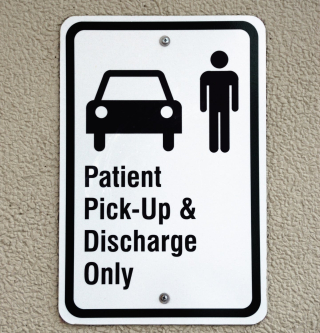In Texas and in other states, long term care is expensive; nursing homes, private care, and health aides are costly, and as Americans age, they face the issue of figuring out how to unlock crucial medical services. In general, there are three main ways to pay for long term care, all of which we will review in today’s blog. The reality is that each person’s financial circumstances will be different, and each person will have a slightly different method that allows them to access important long term care resources.
Option 1: Pay Out of Pocket
First, you could pay out of pocket for long term care. This, of course, is difficult for most Americans. It also requires significant financial planning prior to old age. Paying out of pocket does allow for maximum flexibility in both how you access your services and in choosing the services you access. If you are financially able to choose this option, it is the best course of action to take.
Option 2: Use Long Term Care Insurance
Second, you could use long term care insurance to pay for your nursing home or care facility. The insurance company will subsidize your care, offering significant savings. Of course, this option requires that you opt into a specific kind of insurance. To access the insurance, you must 1) pay a significant cost and 2) plan to enroll in the insurance early on.
 Houston Estate Planning and Elder Law Attorney Blog
Houston Estate Planning and Elder Law Attorney Blog











